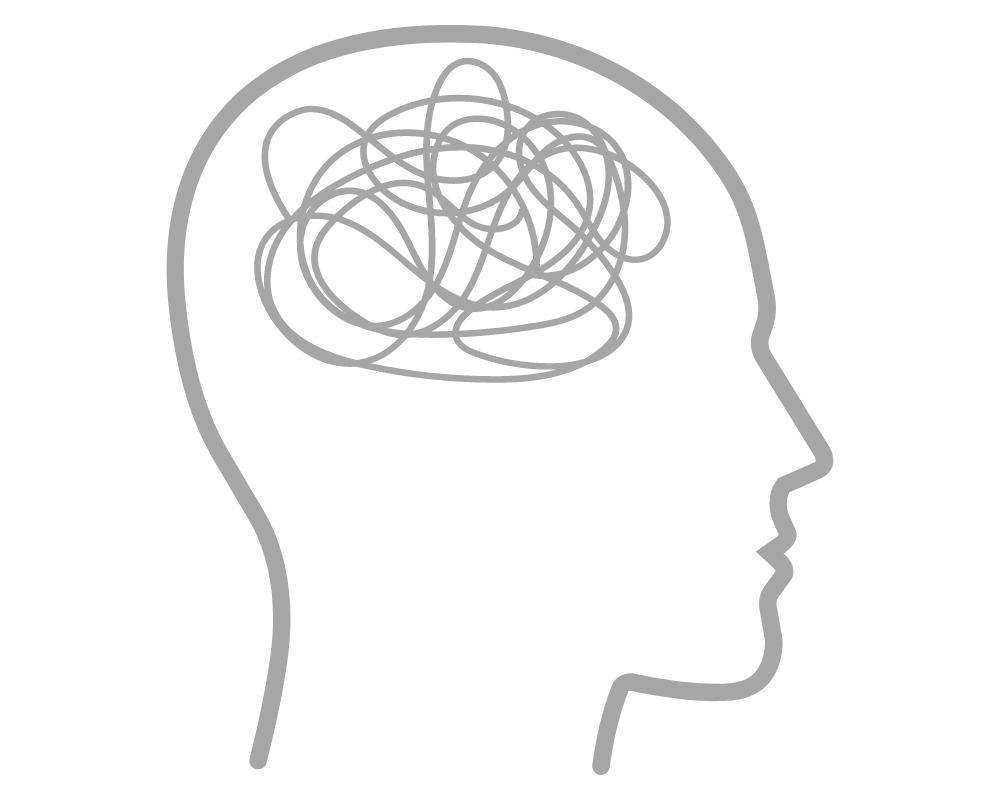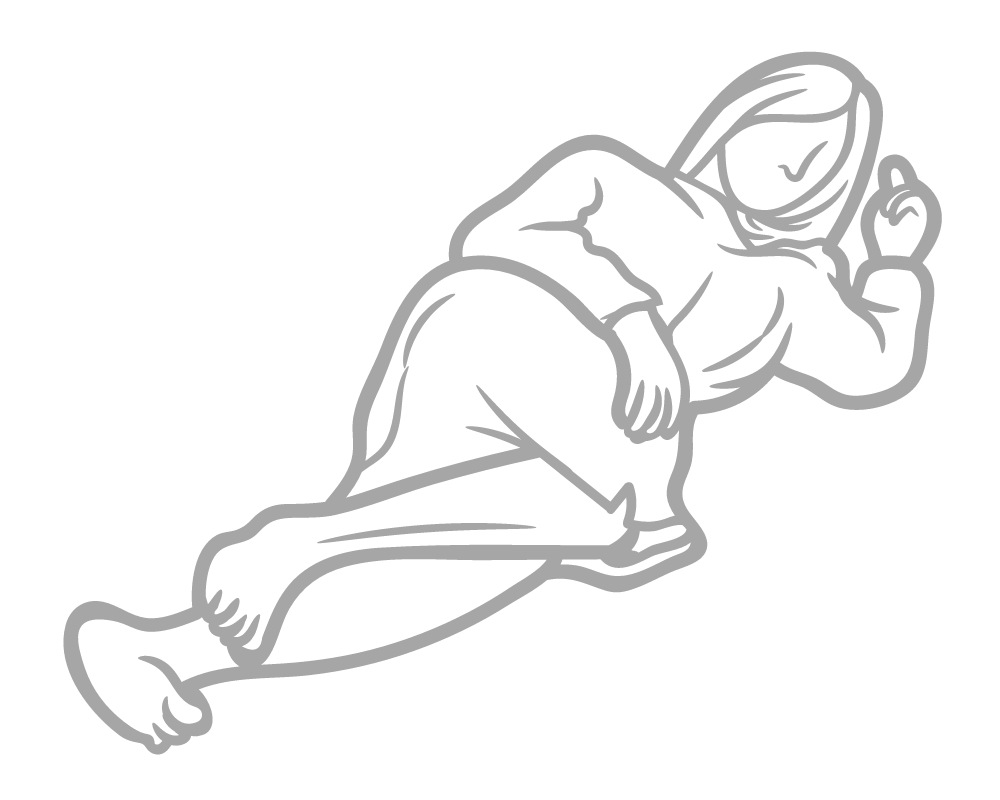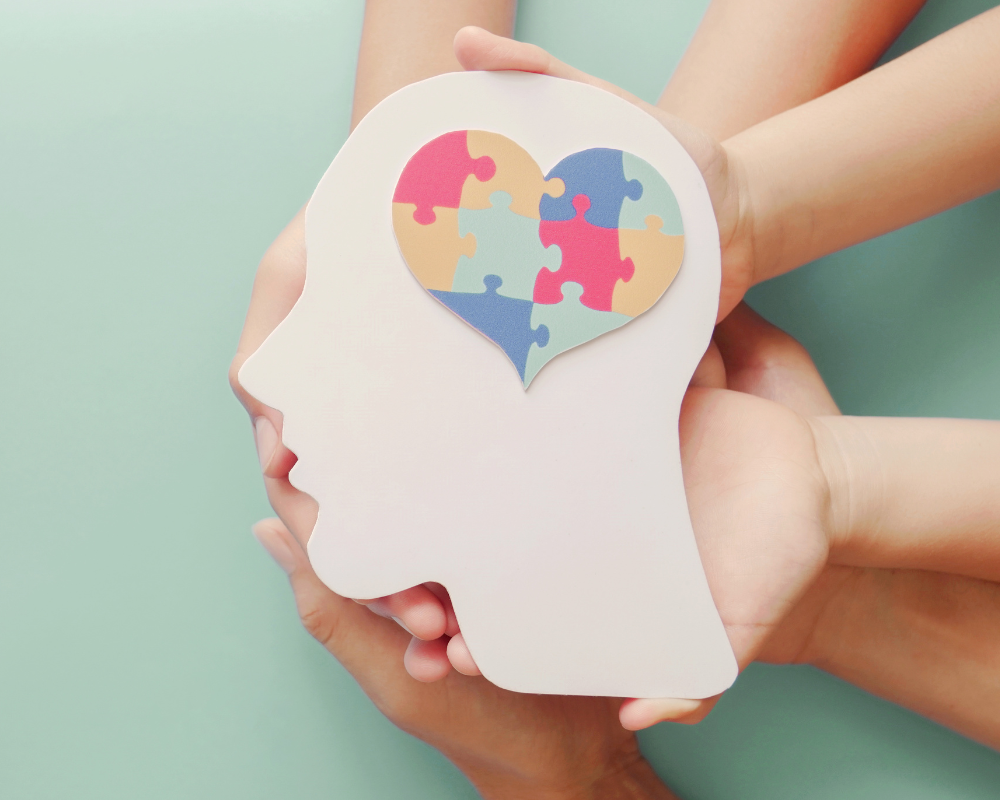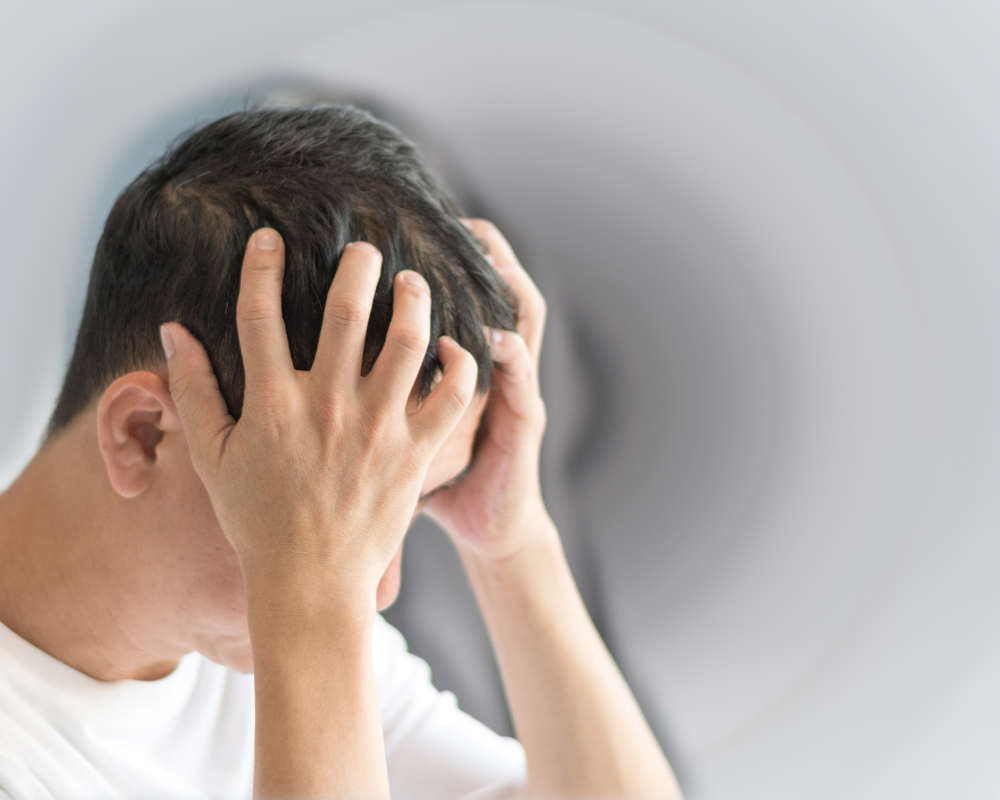Transcranial Magnetic Stimulation (TMS) Therapy is a safe and effective treatment for individuals diagnosed with Major Depressive Disorder (MDD) or Obsessive-Compulsive Disorder (OCD) who haven’t experienced satisfactory improvement from antidepressant medication or feel that medication is causing unwanted side effects.
TMS Therapy can be used as a stand-alone treatment or used in conjunction with medication.
ood.

These devices deliver magnetic pulses, stimulating specific areas of the brain involved in mood regulation.
These areas are known to be underactive in those diagnosed with depression, & stimulating these areas can improve the brain’s ability to regulate
TMS stands for ‘transcranial magnetic stimulation.’ TMS is an FDA-approved depression treatment that treats depression at its source. TMS uses a magnetic coil that stimulates the area of the brain affected by depression. Over a short period, TMS restores the functioning of under-active neurons so that you can enjoy a better quality of life.
Depression is one of the most common mental health illnesses affecting more than 16 million adults in the U.S. every year. By 2022, with the impact of COVID, depression, and anxiety will affect more than two out of every five adults. Medications are not the only answer and are certainly not effective for many individuals. In a nutshell, depression is a depletion of brain chemicals (neurotransmitters) that occur in an area of the brain called the dorsolateral prefrontal cortex (just above the left eyebrow). These neurotransmitters include serotonin, norepinephrine, and dopamine. Serotonin is the most widely studied neurotransmitter in the case of depression.
Antidepressants often make a person feel worse. Antidepressant medications cause undesired systemic side effects, such as:
With long-term use of antidepressants, some side effects are permanent, such as flat affect, tremors, and lack of emotions. Many antidepressants can be difficult to taper off. There can be severe withdrawal symptoms. Headaches, irritability, flu-like symptoms, dizziness, sleeping problems, vivid dreams, tiredness, and other symptoms can make it very difficult to taper off the medication.
TMS therapy is considered a safe and more effective approach to treating depression. Unlike medications, TMS does not cause debilitating side effects, such as those referenced above. The only side effects of TMS are discomfort at the site of treatment or headache – both of which typically subside after the first few treatments if experienced. The Star*D Study proved the rate of efficacy of antidepressants in the use of depression was relatively low. Further, this study confirmed that the rate of efficacy (effectiveness) drops significantly with each new antidepressant medication trial. By the time a person is on their fourth medication trial, they have about a 6.9% chance that the medication will even be effective.

TMS offers about a 70% chance of greater than a 50% reduction in symptoms, with nearly 50% of the patients who achieve complete remission from their depression. The benefit of TMS is hope for long-term remission, with many patients sustaining remission for up to and even beyond a year.

TMS is typically covered by insurance for those who have tried one or more antidepressant medications and some form of evidenced-based psychotherapy, such as cognitive-behavioral therapy (CBT). Many patients elect TMS over medication trials as a much safer and more effective treatment option to overcome their depression. This option is especially beneficial for adolescents and teens, as well as those experiencing postpartum depression.

Depression is a serious medical condition that can have a significant impact on your mental and physical health and leads to poor quality of life. Don’t let your depression define you, control you, and rob you of your life. Seek treatment. You deserve a good quality of life, and your mental and physical health should be a priority. Be sure to seek help.
“If, while waiting for your appointment to be seen by a psychiatrist or Qualified Mental Health Professional, your situation deteriorates or you experience thoughts of harming yourself or others, please call 911 or proceed to the nearest emergency room immediately. You may also call the suicide hotline at 800-273-8255.
*** For any medical procedures, patients respond to treatment differently, hence each patients’ results may vary.
****Information on this site is not intended or implied to be a substitute for professional medical advice or treatment. All content contained on or available through this site is for general information purposes only.
*****By using this website and sending us your information you are giving us permission to contact you by electronic and non–electronic means. We also track the conversions and collect user data to improve marketing.
******If you are vision-impaired or have some other impairment covered by the Americans with Disabilities Act or a similar law, and you wish to discuss potential accommodations related to using this website, please contact us.
We specialize in treating moderate to severe depression for all ages with Transcranial Magnetic Stimulation (TMS therapy). TMS is the most advanced FDA-approved depression treatment.


Depression is a common and severe mood disorder with both physical and mental health consequences. It not only affects how you feel. It also changes how you handle daily activities, sleep, think, and work.
It includes dysthymia, persistent depressive disorder, postpartum depression, bipolar depression, seasonal affective disorder and psychotic depression.

The American Psychological Association defines anxiety as an emotion characterized by tension and worries along with physical changes triggered in response to them. Thus, anxiety features intrusive thoughts but also rapid heartbeat, and high blood pressure.

According to the American Psychological Association, postpartum depression is a persistent feeling of loneliness, sadness, and anxiety after giving birth. This is a mental health problem, unlike the “baby blues,” which is transient and not considered a mood disorder.

There are three types of bipolar disorder, but they have a definition in common. Bipolar disorder is a mental health condition featuring mood changes along with changes in activity and energy levels. It often affects the capacity of people to perform their daily activities.

The term mood defines an internal feeling that modulates a person’s behavior and views. Mood disorders are psychiatric problems featuring marked emotional changes. We can break them down into several types, including bipolar disorder, cyclothymia, disruptive mood dysregulation disorder and premenstrual mood dysphoric disorder.

OCD stands for Obsessive-Compulsive Disorder. According to the National Institute of Mental Health, it is a long-lasting disorder with uncontrollable thoughts that lead to repetitive behaviors meant to quiet these thoughts.

Depression is a common and severe mood disorder with both physical and mental health consequences. It not only affects how you feel. It also changes how you handle daily activities, sleep, think, and work.
It includes dysthymia, persistent depressive disorder, postpartum depression, bipolar depression, seasonal affective disorder and psychotic depression.

Post-concussion syndrome is a consequence of brain injury. It happens after head trauma and includes several signs and symptoms. These people may experience behavioral, cognitive, physical, and emotional changes.